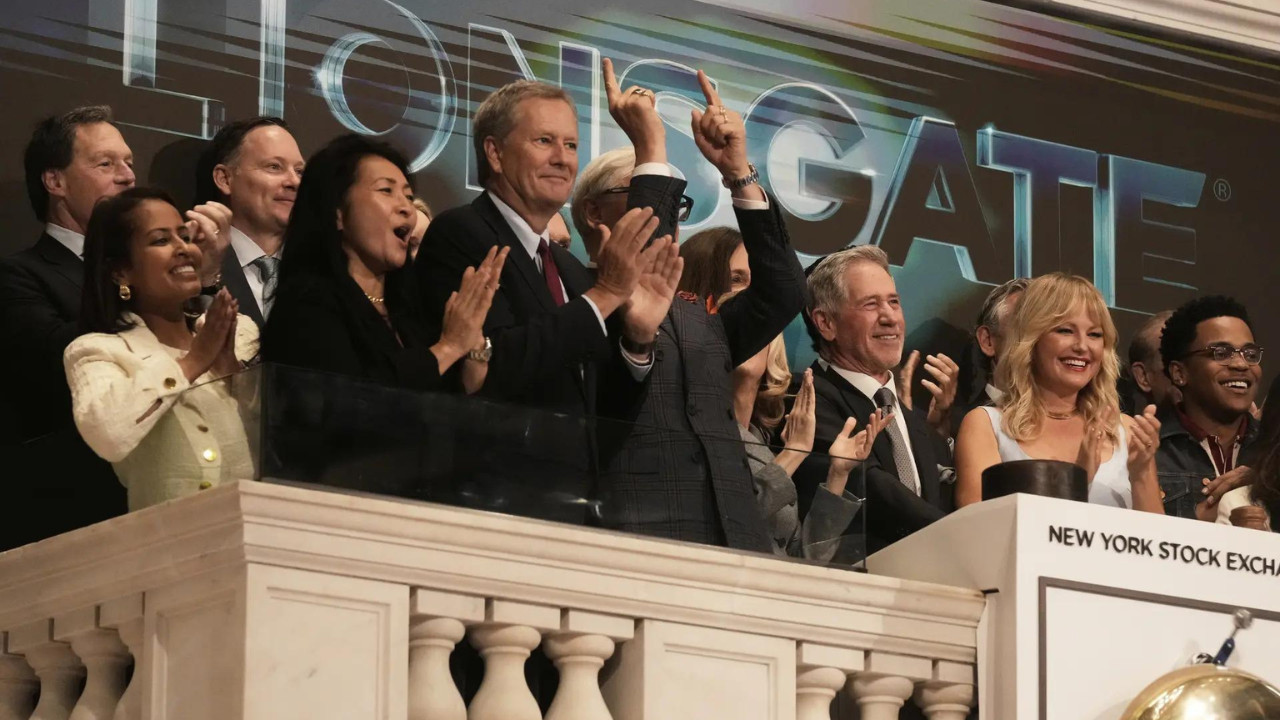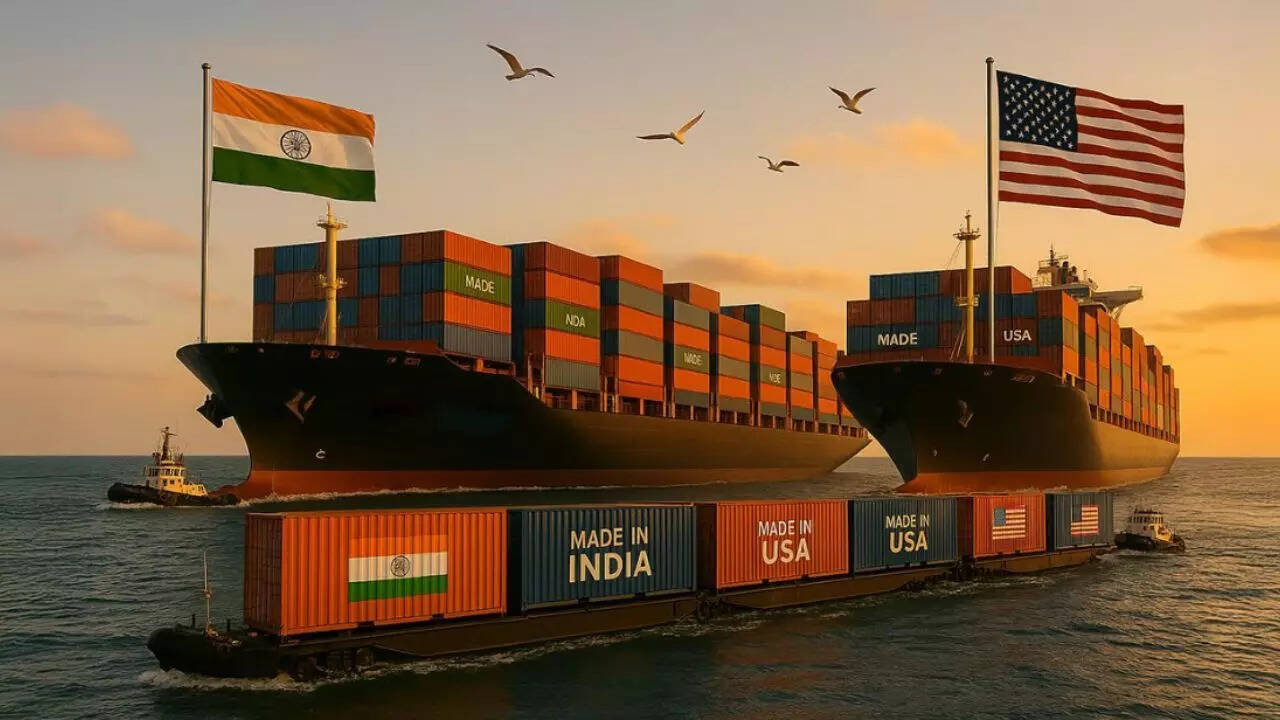The United States saw a significant increase of over 379,000 millionaires in 2024, contributing nearly 40% of the world’s millionaires. This surge, detailed in UBS’s 2025 Global Wealth Report, was fueled by a strong equity market and a stable US dollar, driving an 11% wealth increase in the Americas.
The Millionaire Factory is Firing on All Cylinders: Are We Sure This is a Good Thing?
Okay, let’s talk money. Seriously. Specifically, we need to unpack a fascinating (and perhaps a little unsettling) trend: the sheer volume of millionaires being minted right now. Forget Willy Wonka’s chocolate factory; the U.S. is apparently running a high-powered, non-stop millionaire machine. According to a recent UBS report making waves, the States added over 1,000 new millionaires every single day in 2024. Let that sink in for a moment.
One. Thousand. New. Millionaires. Daily.
That’s not just a handful of lucky lottery winners or a few tech startups striking gold. That’s a full-blown economic phenomenon, fueled by a rebound in the financial markets that’s propelled global net worth up by a cool 4.6%. So, what’s behind this explosive growth? And, more importantly, what does it all mean?
The report points squarely at the resurgence of financial markets. Stocks have been bouncing back, real estate values are showing signs of life in many areas, and the overall investment climate seems to be, shall we say, frothy. Think of it like this: those already holding significant assets (stocks, bonds, property) are seeing their wealth balloon as those assets appreciate. The rich, as they say, are getting richer.
But it’s not just passive investment gains. There’s also the relentless engine of American entrepreneurship at play. While the headlines often scream doom and gloom, plenty of people are building successful businesses, innovating, and creating real value (and, yes, accumulating serious wealth in the process). It’s a powerful combination of market forces and individual drive.
Now, before we start popping champagne bottles and celebrating the sheer audacity of American wealth creation, let’s take a deep breath and consider the bigger picture. Because while a rising tide supposedly lifts all boats, the reality is often far more nuanced.
The stark truth is that this accelerated wealth creation is happening against a backdrop of persistent income inequality. While a thousand new millionaires are joining the club daily, millions are still struggling to make ends meet, facing stagnant wages, rising costs of living, and limited access to opportunity. The gap between the haves and the have-nots isn’t just widening; it’s starting to feel like a chasm.
This isn’t just a philosophical argument; it has real-world consequences. Extreme inequality can fuel social unrest, erode trust in institutions, and ultimately destabilize the entire economic system. A society where a tiny fraction controls the vast majority of the wealth is a society on shaky ground.
Furthermore, we have to ask ourselves: is this rapid wealth accumulation sustainable? Are we building wealth based on genuine economic productivity and innovation, or are we simply inflating asset bubbles that are destined to burst? History is littered with examples of unsustainable booms followed by painful corrections.
The UBS report highlights the positive aspects of a rebounding economy, and that’s certainly worth acknowledging. But it also serves as a stark reminder of the challenges we face. We need to move beyond simply celebrating the creation of wealth and start focusing on how we can distribute it more equitably and create a more inclusive and sustainable economy for everyone.
Maybe, just maybe, instead of obsessing over how many new millionaires we’re churning out each day, we should be asking ourselves how many people are climbing out of poverty, how many are gaining access to quality education and healthcare, and how many are feeling a genuine sense of economic security.
Creating wealth is important, but it’s only part of the equation. Building a fair and just society requires a much more holistic approach. It requires a willingness to address the root causes of inequality, invest in human capital, and create opportunities for all, not just the privileged few.
So, while the millionaire factory keeps humming along, let’s not lose sight of the bigger picture. Let’s ensure that the rising tide truly does lift all boats, and that the wealth we create benefits not just the elite, but society as a whole. Because, ultimately, a society’s true measure of success isn’t the number of millionaires it produces, but the well-being of its citizens. And right now, that’s a metric where we still have a long way to go.







